How Australia’s space race will create 20,000 jobs
Thousands of new Aussie jobs will be created in the not-so-distant future as the space industry grows and evolves. SEE WHERE THE WORK WILL BE
Space lawyers, space doctors, space entrepreneurs and space communications professionals are all set to be needed in the not-so-distant future as the space industry grows and evolves.
The Australian Space Agency forecasts 20,000 new jobs will be created in the sector by 2030 - mostly for engineers, technicians, researchers and physicists, but also for these emerging support roles.
Agency deputy head Anthony Murfett said a wider variety of jobs were being created as the cost of launch became more affordable and space technology was increasingly used in our everyday lives.
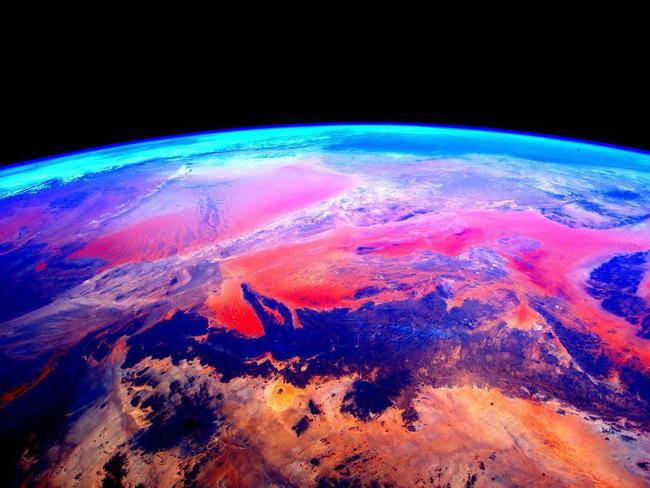
“Jobs like space law will consider new issues such as how do companies operate consistent with international treaties and what frameworks are needed to deliver services in space,” he said.
MORE NEWS
What do you know about the Moon landing?
Star Wars-like robots will help us conquer space
“We already have great space communicators, who draw on a rich background in communication to outline the importance of space and explain space activities in an engaging way for the whole community.
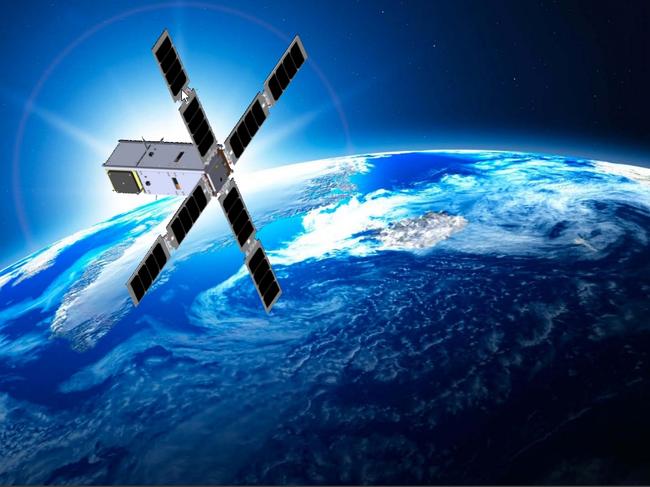
“With space technologies now becoming smaller and access to space becoming cheaper, space entrepreneurs can now look at space technologies in new ways and see if they can solve challenges.
“For example, we’re seeing companies use low power Internet of Things devices that can communicate directly with nano-satellites to support activities in areas where there is no mobile reception.”
Other applications for space technologies on Earth included using satellites for monitoring agriculture and water management and for disaster management and recovery.
MORE NEWS
Aussie star performers win big at WorldSkills
How to ask your boss for a pay rise
The rich just keep getting richer
Job opportunities were popping up across the country with employers ranging from government departments and large companies through to start ups, such as Myriota and Fleet in South Australia, Saber Astronautics and Cuberider in NSW, Electro Optic Systems in ACT and Gilmour Space Technologies in Queensland.

While there have only been three Australian-born astronauts so far, more opportunities may open up as the Australian Space Agency collaborates with international counterparts.
“To date, we have Memorandum of Understandings with Canada, France, UK and UAE, with a letter of intent signed with the European Space Agency just last week,” Mr Murfett said.
“We are also engaging with NASA.”
Mr Murfett said aside from technical skills, it was also important for space professionals to have soft skills, including collaboration, problem solving and communication.
NASA astronaut Scott Kelly, speaking at WorldSkills Conference 2019 in Kazan, said the Russian Space Agency in particular did a good job of testing and training soft skills among its cosmonauts.
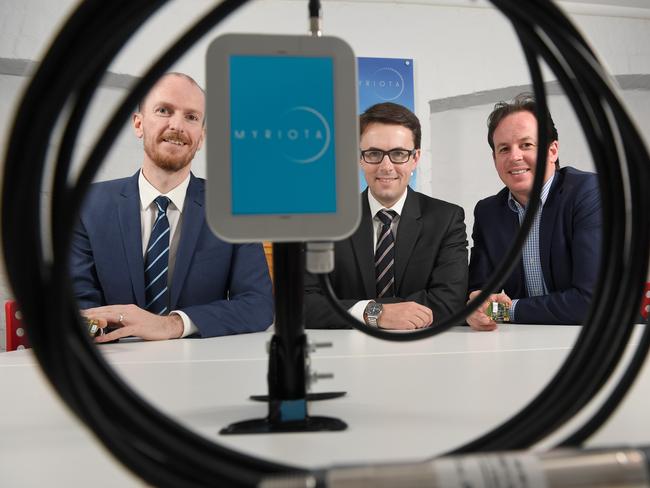
It asked them to parachute out of a plane and solve a complex maths question while in free fall.
It also dumped them in the middle of the forest in the winter with only their survival gear.
“There is nothing like those extreme environments - whether in the extreme cold or working only with a Soyuz capsule and emergency gear in the Black Sea, as an example - that allows crew members to see how they perform in a challenging environment and develop their leadership and teamwork skills,” he said.
“We do some of that at NASA but (in Russia) it is done in a little bit more of a Russian way – a little bit more extreme.”
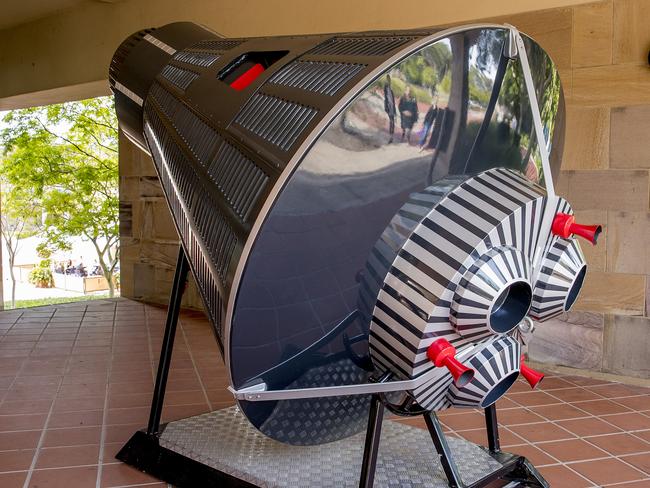
Mr Kelly said astronauts and cosmonauts needed fast thinking, logical reasoning, teamwork, communication, situational awareness, emotional intelligence.
It was also important to be able to compartmentalise - focusing on factors within their control and ignoring everything else.
“On the space station, very isolated, there are things you have to do - and your life depends on it - with incredible distractions around you,” he said.
“This idea of compartmentalisation is important in space flight and in other industries.
“If you are a welder you need to make sure all the safety precautions are in place so you don’t burn the building down that you are trying to repair. You can’t be thinking about the problems you have at home.”
Mr Kelly said the space sector was evolving in a positive direction, with the involvement of privately-funded companies and NASA’s endeavours to close the gender gap with an equal representation of males and females in recent astronaut intakes.
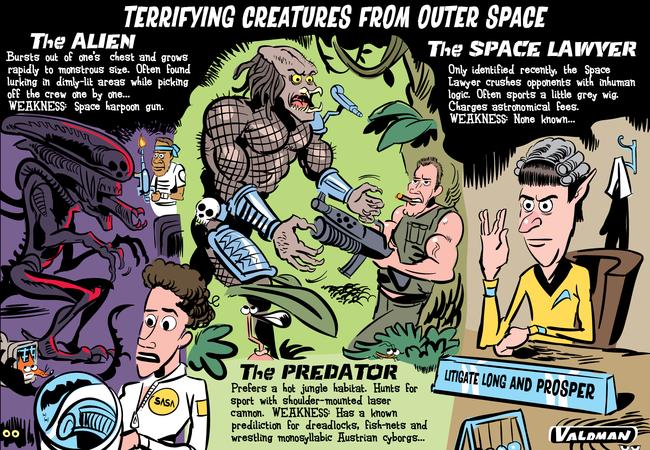
WHERE THE WORK WILL BE
Source: Australian Space Agency
RESEARCH
Space science and research covers from astrophysicists to meteorologists, astronomers, geologists, medical researchers and engineers.
ENGINEERING
Engineers - including robotic, computer, aerospace, electronic and mechanical - will design space craft, space stations and satellites.
Technicians will support space activities and infrastructure.
MATHS, DATA SCIENCE, COMPUTER SCIENCE
These skills will underpin many technical roles.
SOFTWARE DEVELOPMENT
Software engineers and developers will be needed to design, build and deploy critical parts of space systems.
Responsibilities will also include designing, writing and testing code - for example, for satellites.
LAW, MEDICINE, COMMUNICATION
Support roles will include space lawyers, professionals in space medicine and science communicators.
